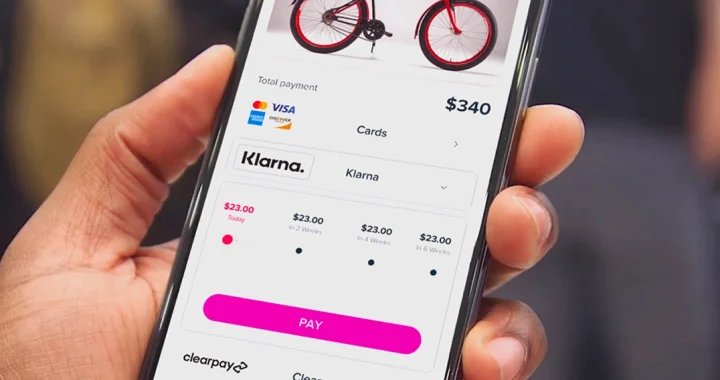How to Budget a Monthly Paycheck

A loan is a type of debt in which money is lent to another party with repayment of the loan amount plus interest. Each party involved in the loan process signs a loan contract. Loan agreements are negotiated before any funds are actually lent. Fixed-rate lines or revolving loans can be paid, retired, and rolled-over, while term loans normally are paid, one time and only once. Usually, there are fees and charges for each type of loan. Depending on the amount and length of the loan, some lenders may not charge any fees at all; others may charge a percentage of your entire loan balance.
There are two types of common loans: revolving and term. A revolving loan has several elements, such as the amount you can borrow, when you can borrow it, and how much interest you pay over time. With this type of loan, the rate of interest is lower than if you were to borrow a fixed amount and make your monthly payment at a predetermined date. You can use the revolving line to make several small purchases over time and then refinance after a certain number of years to consolidate your debts into one monthly payment. A line of credit works differently: you borrow a certain amount, and the lender will close the account after you have made all of your payments on time.
Term loans tend to be the most traditional borrowing tool. They provide short-term relief by paying off the outstanding balance of your loan, which is repaid when you get your next paycheck. Most people choose to take out a loan for between two to five years. By paying off the loan early, you will save money in interest charges. However, if you take out a longer-term borrowing, you will likely pay more interest over time, especially if you make frequent use of the credit to make purchases.
Home Equity Loans (HELOCs) is a great way to leverage your home against the equity in your home. The higher the equity in your property, the lower the interest rates – HELOCs are simply the loan product that offers the lowest interest rates. You need to remember, though, that you still need to repay the HELOC and you must live in it. If you decide not to live in your HELOC, you could lose your home. This is why it is usually a good idea to borrow from a co-signer; someone who will guarantee the repayment of your HELOC should you fall behind.
Secured loans are similar to HELOCs. They are secured by the value of your car, home or other valuable property. In exchange for the lender guaranteeing the repayment of your loan, he collects a fee. Banks and other lending institutions offer many different types of secured loan products. Some lenders also offer unsecured personal loans that do not require collateral. Whatever type of loan you decide on, you must be sure that you understand all of your options before making a decision.
You can learn more about your loan options by registering for a free mortgage guidebook. Learn about common loan terms, including how much you will be paying in interest and how much your payments will be. Shop around to find the best deal on your next loan. By following the tips above, you will be better prepared to make informed decisions about your new loan.











